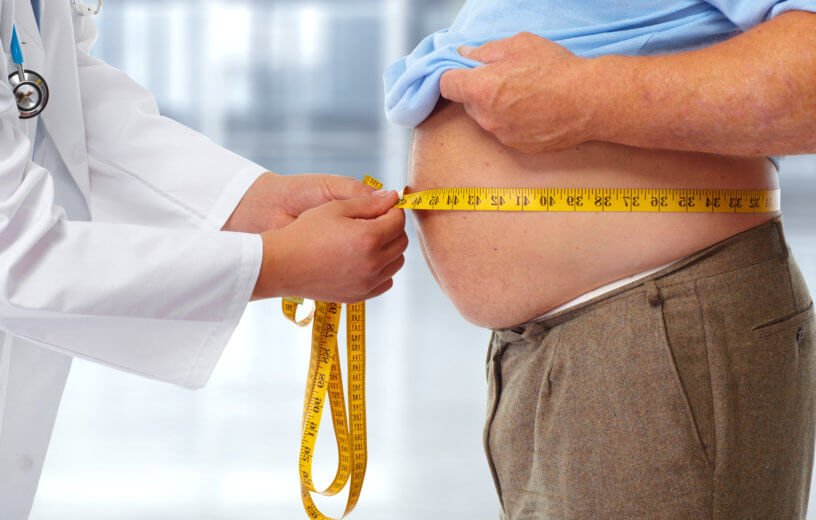VIENNA, Austria — How people perceive themselves can play a big role in how they interact with the world. A study finds this particularly true when it comes to body image. Researchers say obese individuals who see their weight increase often tend to have a harder time objectively assessing their body size. The research, presented to the European Association for the Study of Obesity, concludes such individuals usually see themselves as smaller than they are in reality.
People who are able to maintain a steady body weight, on the other hand, typically get better at evaluating their body size as time goes on. For reference, maintaining a stable body weight was defined as an individual’s weight changing less than 10 percent after a one-year follow-up.
These findings were made possible thanks to data collected on over 2,000 obese people over the course of 10 years, as part of the Swedish Obese Subjects (SOS) study.
“People with obesity often suffer from body image distortion, as they tend to underestimate their own body size,” explains study author Dr. Verena Parzer from Rudolfstiftung Hospital Vienna, Austria in a media release. “Underestimating body size may be associated with lower body dissatisfaction resulting in a reduced motivation to lose weight.”
Weight gainers and the guessing game
The research team looked out for differences in body image perception among “weight gainers” and “weight maintainers.” Among the 2,015 participants, 71 percent were female and the average age was 49 years-old. The group’s average BMI was 40.3 kg/m². All of those people had their weight tracked for 10 years and were also provided with non-surgical weight management services.
Each person was also periodically asked to pick out an image of their own body outline. This occurred at the beginning of the study and then again after three, four, six, eight, and 10 years. During this exercise, participants would be shown images of nine silhouettes, with the first being the slimmest and the ninth being the widest.
The results find that both weight gainers and weight maintainers are capable of distorting their body image. However, weight gainers tend to underestimate their body size more significantly. For instance, at the three-year mark, weight gainers underestimated their own weight by an average of 46 pounds. In comparison, the average weight maintainer at that point only underestimated their weight by 37 pounds.
“Our results indicate that body image distortion may be associated with the regulation of body weight,” study co-author Dr. Magdalena Taube from the University of Gothenburg concludes.
Getting worse over time
As the years passed, most weight maintainers became better equipped to assess their body weight. That same trend wasn’t seen among weight gainers. After a full decade, weight gainers were still underestimating their weight by about 50 pounds. Weight maintainers were only off by about 33 pounds.
In conclusion, the study’s authors say their findings only represent an association between obesity, weight gain, and inaccurate self-assessment. More research will be needed to figure why certain people have trouble judging their own body type.
This findings was presented at the 2020 European and International Congress on Obesity.
Like studies? Follow us on Facebook!
